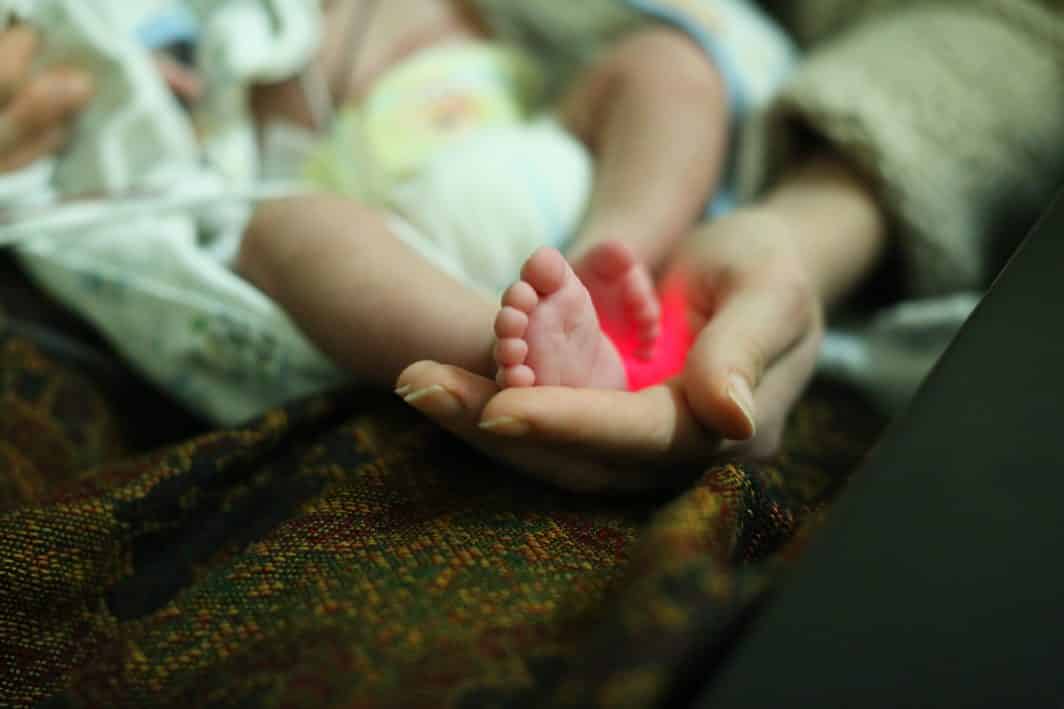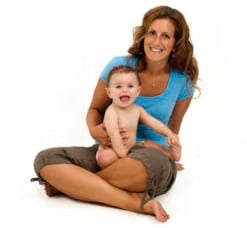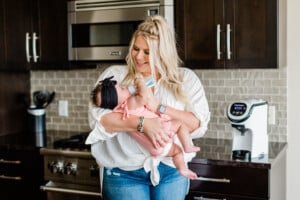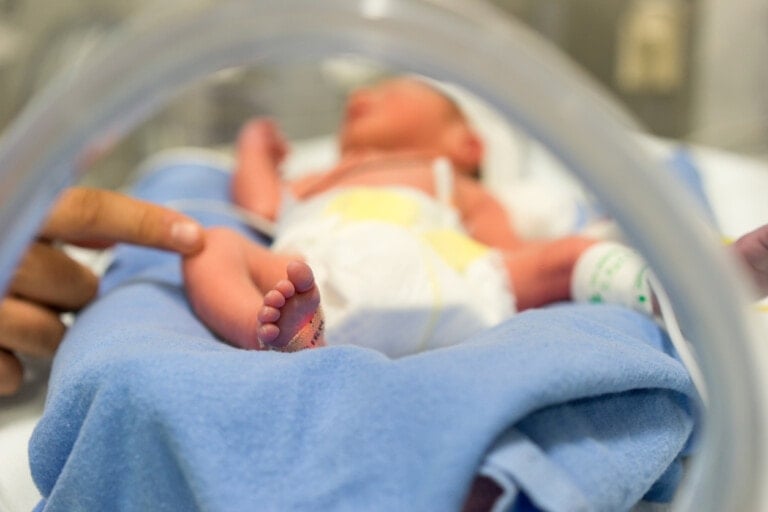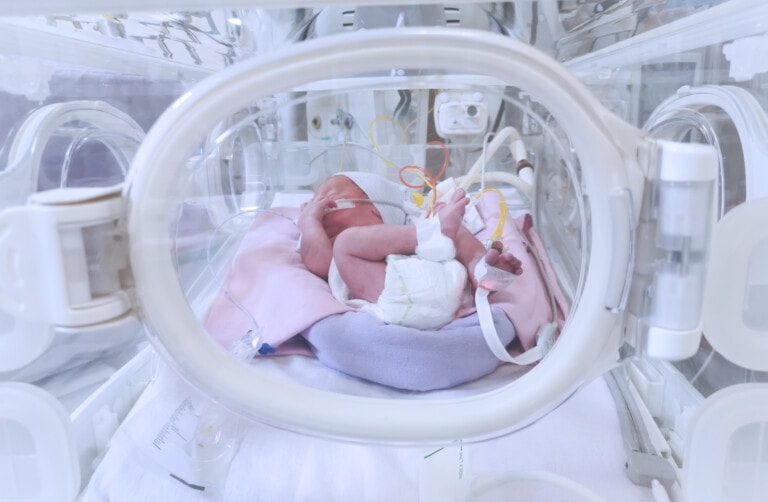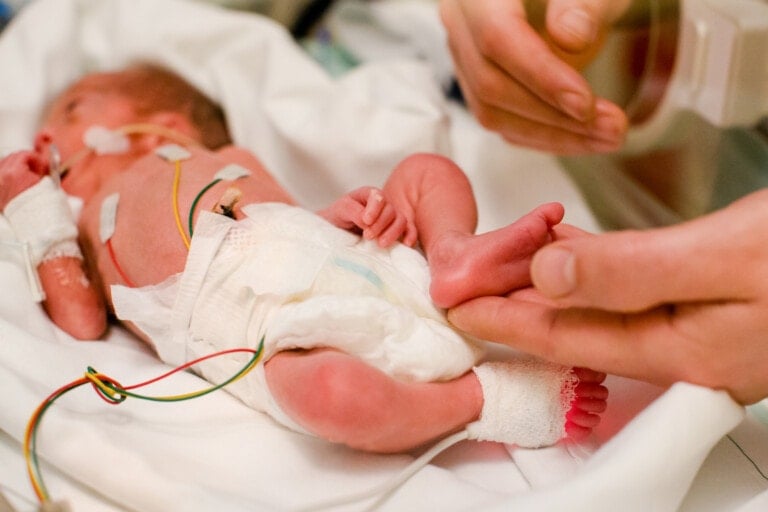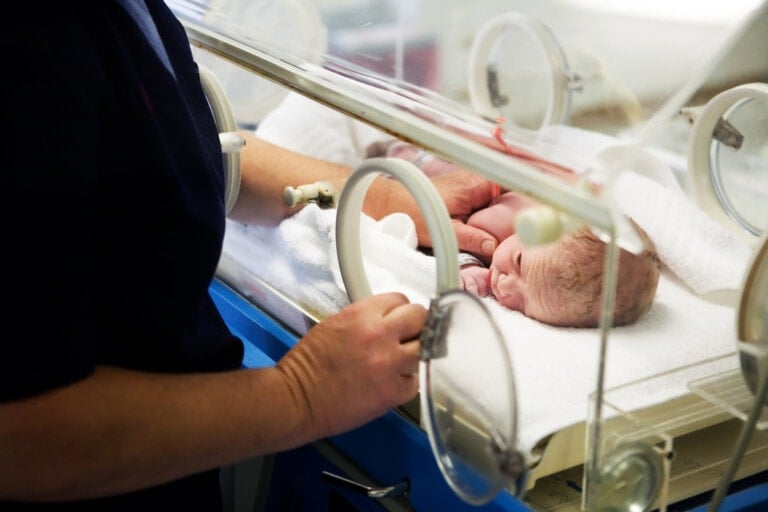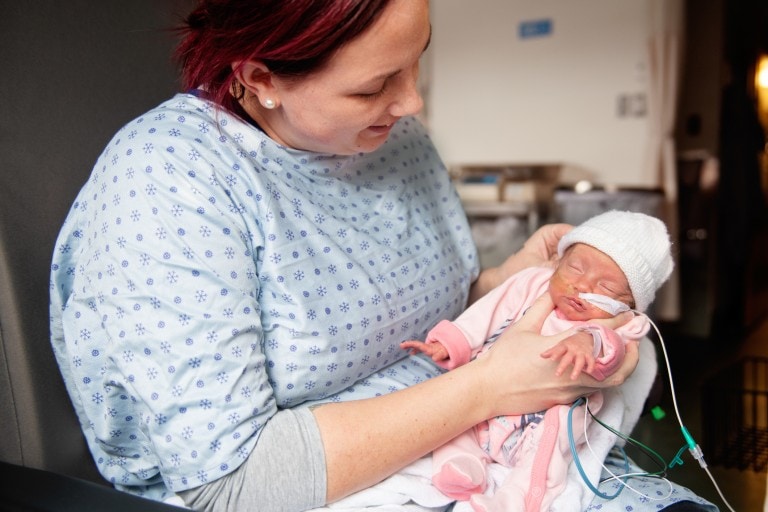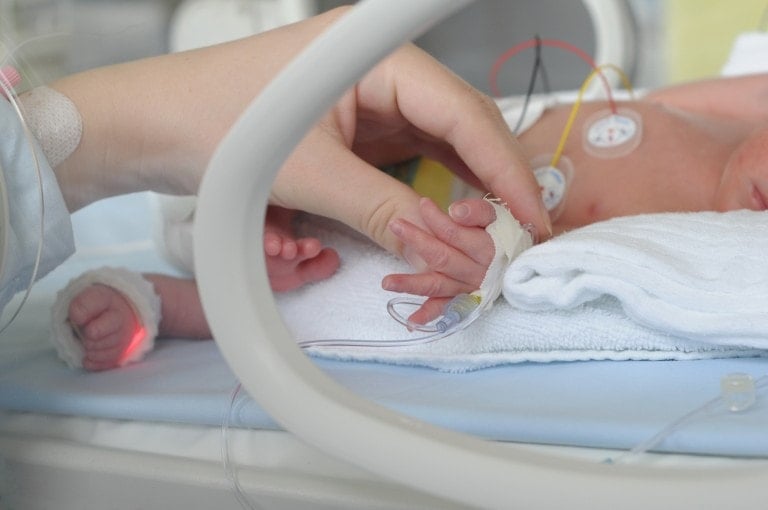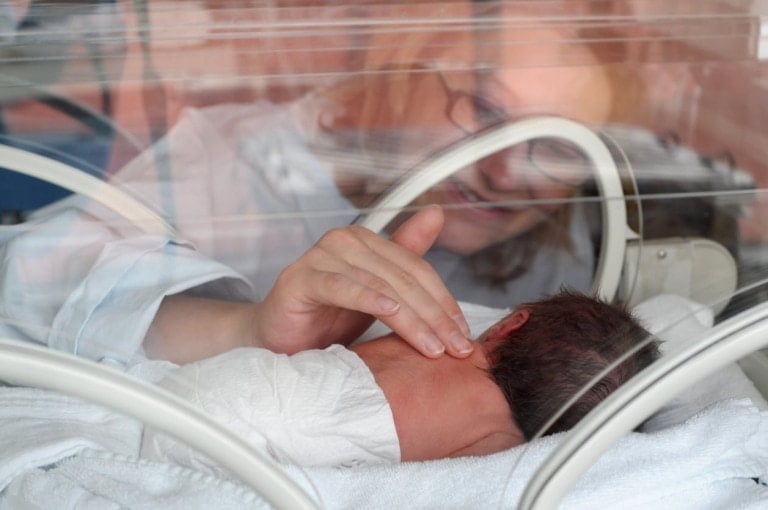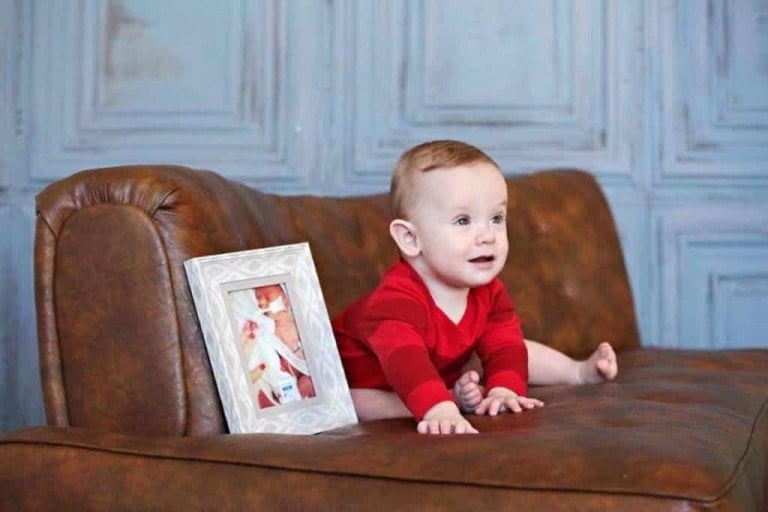Having a baby in the neonatal intensive care unit (NICU) can be a scary, emotional experience! As an occupational therapist in the NICU, I interviewed some babies, and this is what they would like mommy and daddy to know.
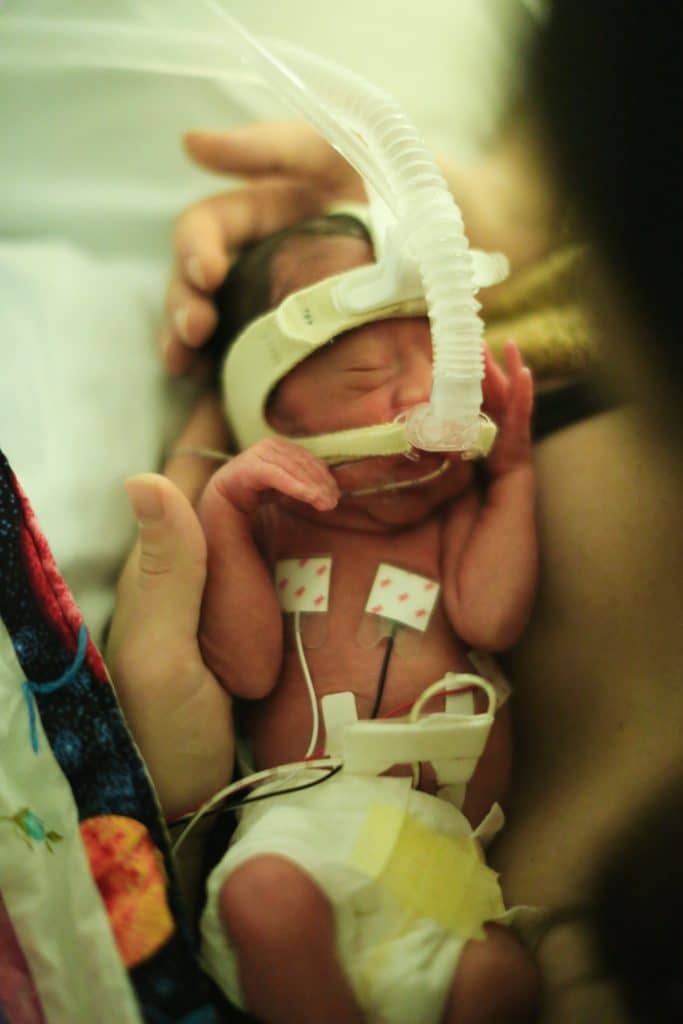
1. I Feel Your Energy as Soon as You Approach Me
As you come to the isolette or crib, think about the energy that you carry. Babies are very perceptive. Are you stressed, anxious, nervous, or hurried? Your baby will sense this. Take a deep breath before approaching your baby to be calm and serene as you enter their world. Talk in low voices, gently touch, and reassure your baby that you are calm and ready to care for them.
2. I Cannot Process Too Much Information at Once
Babies work very hard to take in all the information from their world. They need to process what they see, hear, feel, and taste all at once, and it is easier for them if they only need to process these senses one at a time. When baby is focusing on your face or bright lights are on, they are visually stimulated, limiting noise, movement, and touch. If you are rocking or stroking baby, limit visual stimulation. If you are talking to baby and they seem to focus on your voice, limit touch, movement, and visual stimulation. Newborns can be easily overstimulated.
3. I Can Smell You Coming
Babies’ sense of smell is very well-developed at birth, and mommy’s scent calms them. Consider leaving an article of clothing you just wore with your baby when you leave. You could also put a small burp cloth against your skin, then leave it with your baby when you are not there to keep them calm.
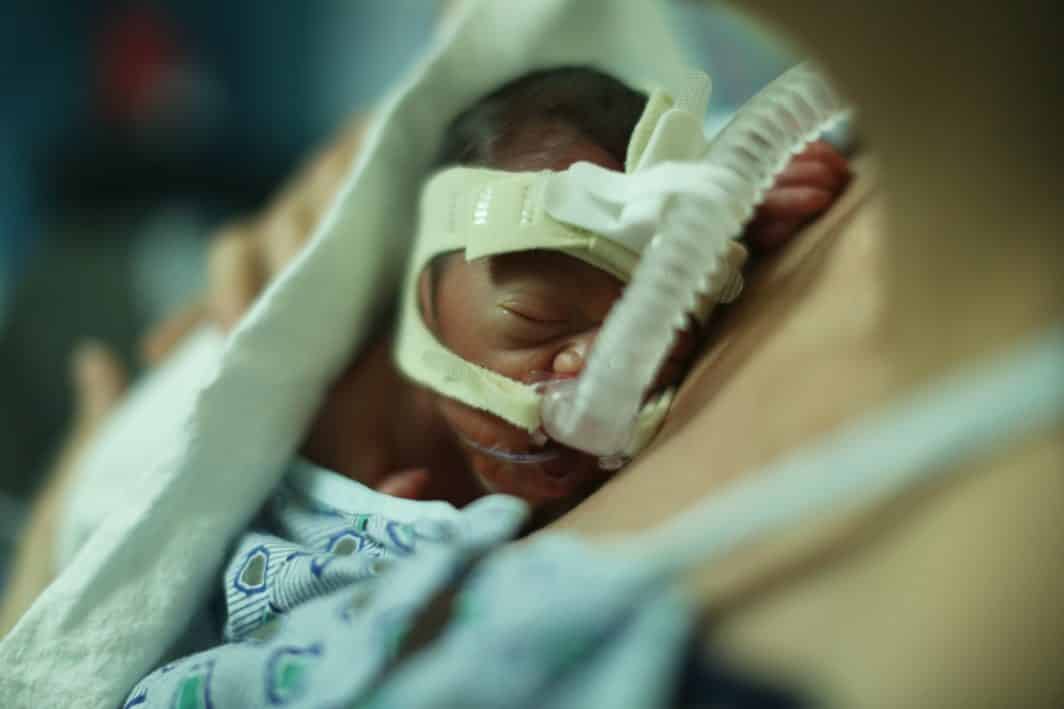
4. I Need Skin-To-Skin Touch
Kangaroo care (putting baby down mommy or daddy’s shirt) is excellent for baby’s development and bonding with the baby. This also helps to regulate baby’s temperature, heart rate, respiration, and brain development. You can also do infant massage for skin-on-skin contact. The developmental benefits of skin-on-skin contact are immeasurable!
5. I Feel Calm When I Hear Familiar Sounds
Babies hear in utero, and you can soothe your baby by recreating the sounds of utero. Mom’s voice is usually very calming for baby. You can do activities with your NICU baby, like singing, reading a book, and talking to them. Studies show that babies demonstrate familiarity with their mom’s voice just one day after birth.1 Babies are also calmed by white noise or ocean sounds, recreating the swishing sound of the amniotic fluid. Babies also like the sound of the heartbeat, and many baby sound machines play a heartbeat sound.
It can be very difficult to have a baby in the NICU, but remember, they are getting the care they need. You can take advantage of the knowledge of the NICU nurses, therapists, and neonatologists to give you lots of information before you bring your precious baby home.













